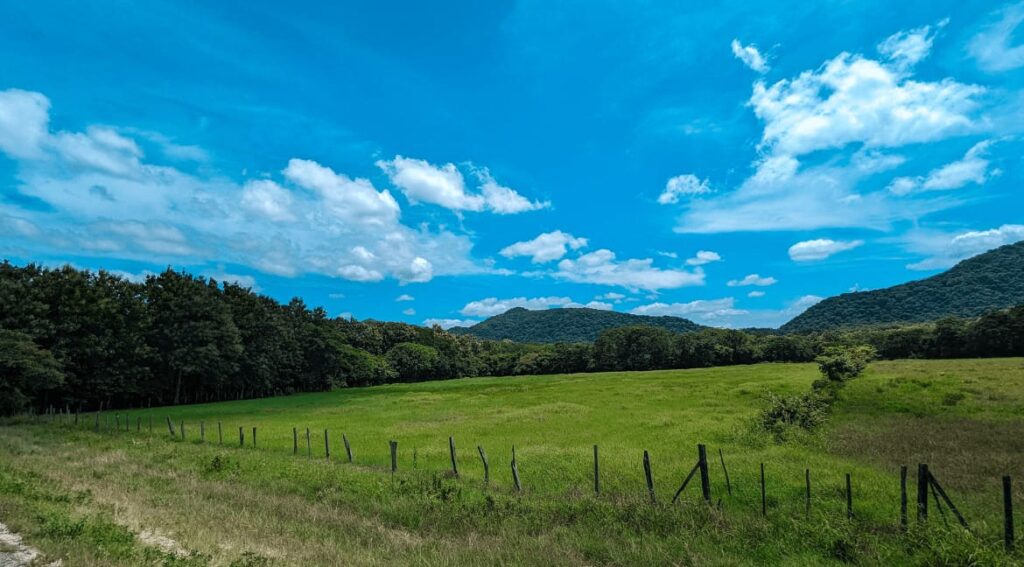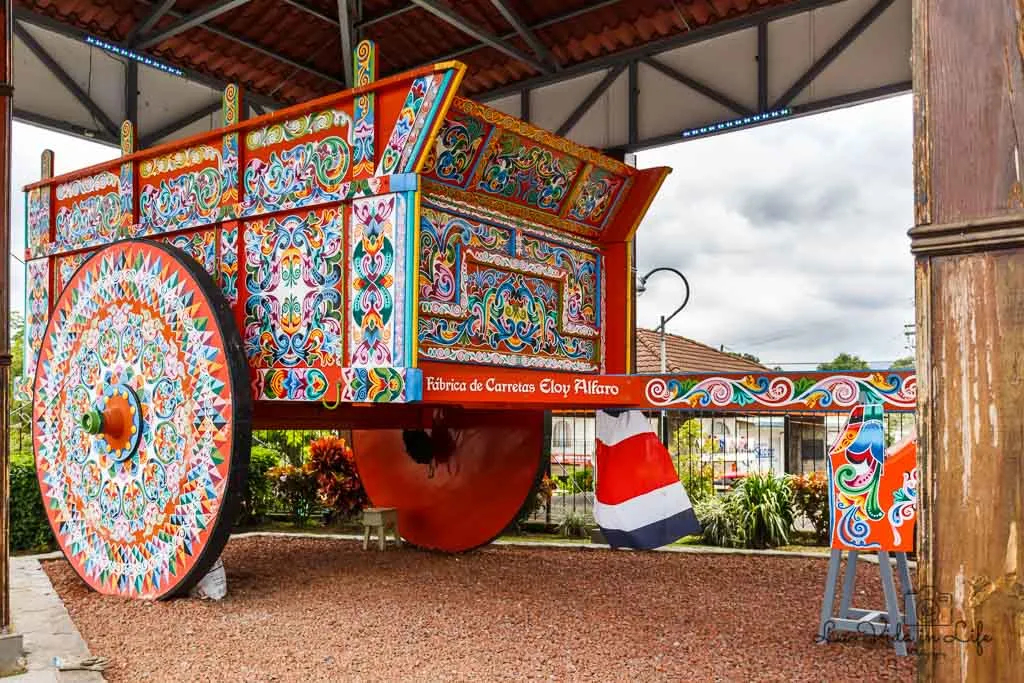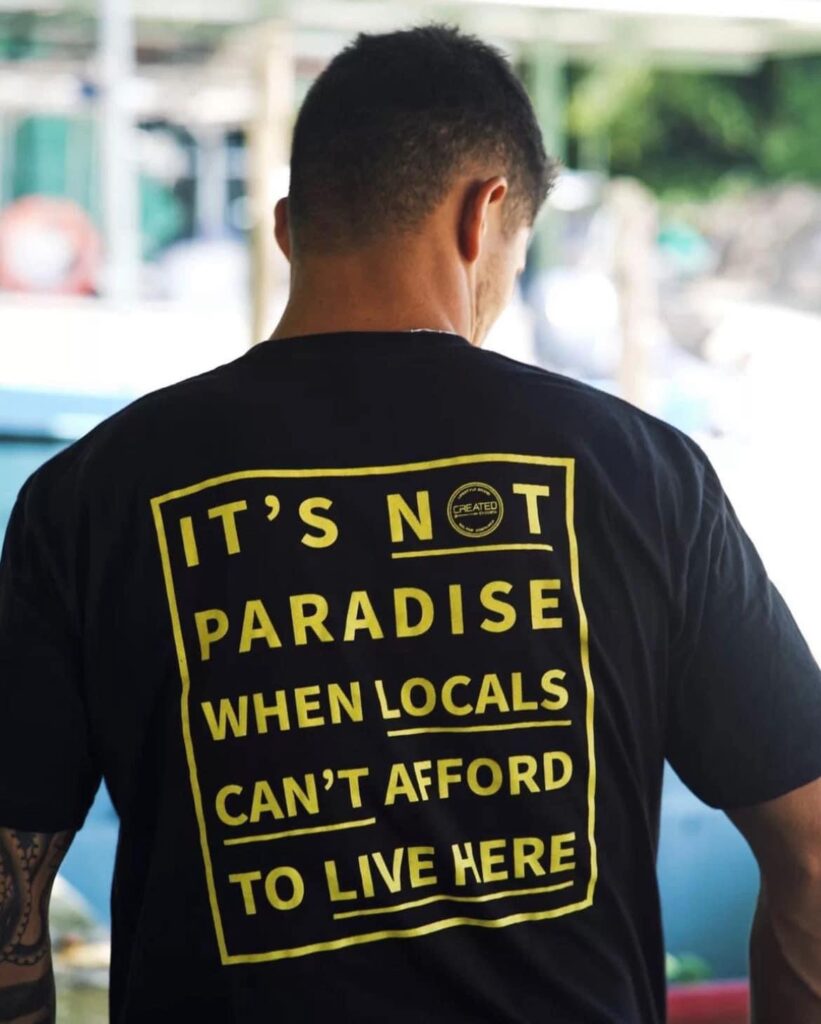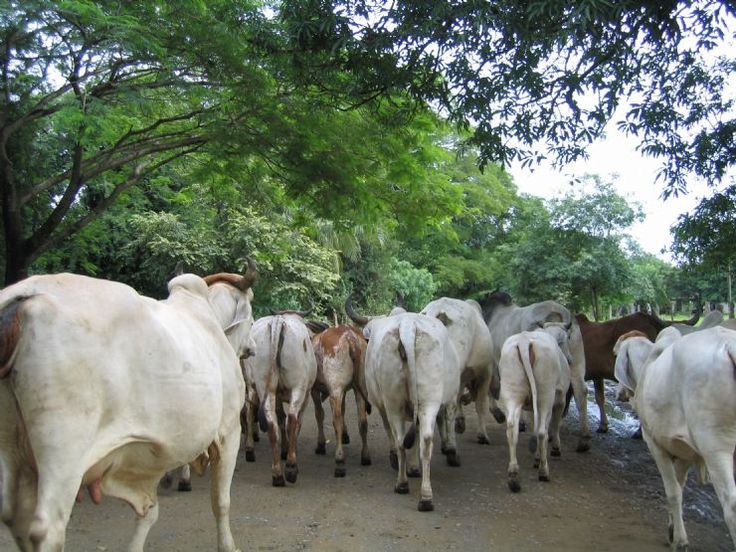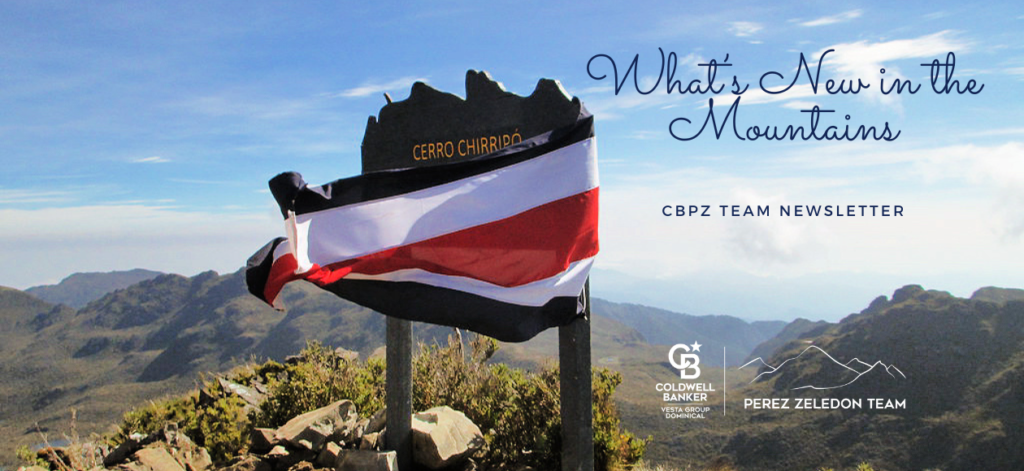Costa Rica has been near and dear to my heart since first arriving in 2001. However, 15 years ago something happened in Costa Rica that changed my life, forever. I married a Colombian lady named Lily!
And ever since then, Colombia has also been near and dear. I’ve made month long visits there ever since and even before we were married on November 29, 2009.
I’ve noticed that lately Colombia is also being considered as a place for expats to live. So, I figure it was about time I did a Costa Rica versus Colombia comparison post.
Although I have traveled to various parts of the country, Colombia is very large compared to Costa Rica. Most of my time has been centered around the department or province of Antioquia and its major city of Medellin. Therefore, my experience of the country as a whole is certainly skewed due to having spent the majority of my time in that one area.
Nevertheless here goes – I am going to address this country to country comparison along the lines of Affordability, Accessibility, Security, Culture, and Overall Beauty…
Affordability
The word is out – Costa Rica has gotten downright expensive. Now, I’ve written in the past that while Costa Rica is expensive compared to other Latin American countries, it’s not as expensive as the exaggerated claims made on many of the Facebook expat groups. You can certainly live in Costa Rica on a much lower budget than is possible in the States, as long as you don’t spend like a drunken tourist!
Colombia on the other hand is CHEAP! I usually say that Colombia is on average half as expensive as Costa Rica and about a third as expensive as the States. Now, I’ve not done any statistical study to verify that, it’s just my “gut” feeling. But it is way cheaper than either Costa Rica, or the States.
And cheaper in almost every context, such as eating out, groceries, travel, services, medical – you name it…
Here’s an example – my wife had to have arthroscopic surgery on both shoulders a few years ago. We were able to get the procedure done for both shoulders in Colombia for under $5,000. That’s about 1/2 what it would’ve cost in Costa Rica and only a fraction of the cost in the States.
And, yes, I can tell you the surgery went exceedingly well.
The current exchange rate between Colombian pesos and the U.S. dollar is around 4,200. I’m always amazed at how far $100 USD, or 420,000 pesos, goes!!
Colombia certainly has the edge over Costa Rica when it comes to affordability.
Accessibility
I’ve always thought of Costa Rica as the biggest small country in the world. I mean, it’s almost like if you squeezed the U.S. together, so that coast to coast would be around 280 miles rather than 2,800. And the diversity of the country is amazing. And it can all be experienced in the span of a couple weeks!
Forget being able to do that in Colombia. Colombia is 440,831 square miles and has a population over 50 million. Costa Rica has 19,829 square miles and a population of a little over 5 million.
One great thing about Costa Rica is that virtually the entire country is easily accessible, by land or air. Colombia is vastly diverse and there are so many areas worth visiting. However, getting to them can be difficult, and downright impractical by land. The good news is that Colombia has excellent domestic flight options that are surprisingly affordable.
Even so, I have always liked the fact that in Costa Rica you can jump in your car and experience any part of it in a day’s drive.
Costa Rica has the edge over Colombia when it comes to accessibility.
Security
Costa Rica is one of the most peaceful countries on earth and one of the few that doesn’t even have a military. Somehow, it has managed to stay out of all the violence and social upheaval that has befallen it’s neighbors to the north and south.
Colombia, on the other hand, has certainly had its history of violence, including one of the planet’s longest civil wars. The good news, long gone are the days of the Medellin and Cali cartels and the Farc (marxist revolutionary group) has disbanded and reformed as a political party.
Colombia these days has changed from one of Latin America’s most violent countries to one of it’s most peaceful. The city of Medellin, a huge city of over 4 million inhabitants, while it has its pockets of criminal activity, is now one of the world’s safest large cities.
Having said that, I would be dishonest if I didn’t tell you that the influx of tourism and foreign immigration (and yes, I’m talking about expats) in both countries has contributed to gentrification (or social displacement) and a corresponding rise in crime. In my opinion not to levels that should dissuade folks from considering either as a place to move to. But it’s something to be aware of and to take precautions against.
In Colombia the locals like to say, no des papaya, which translates to “don’t be stupid” and invite victimhood.
I would have to say that it’s a toss up between the two countries when it comes to security. Perhaps Costa Rica has a small edge due to the fact that there are not as many large population centers like Medellin, Bogota and Cali, where gang violence and drug related violence certainly exists in some areas. The same can also be said for San Jose.
Culture
I am a nationalized tico (Costa Rican) and I love my fellow ticos and ticas. However, I have often noted that Costa Rica is just not as rich and deep in culture as what you find throughout Colombia. I have heard many explanations and theories for why that is, but I really don’t know if I buy any of them.
I guess you can chalk it up to the fact that as diverse as Costa Rica is, Colombia dwarfs it by comparison. Every part of Colombia is home to a unique culture. And that’s one reason I really love it!
I’ll have to give the nod to Colombia when it comes to culture.
Overall Beauty
This is a tough comparison. Costa Rica is known for its flora and fauna and in being one of the most biodiverse countries on earth – for its size! Colombia on the other hand is the 2nd most biodiverse country on the planet and the first when it comes to species of birds!!
In terms of geographical and topographical diversity and beauty, I find both countries similar. They are chocked full of gorgeous green mountain landscapes, lush jungles, flatlands, and, of course, beautiful coastlines.
Costa Rica probably has the edge when it comes to the beauty of its two coasts, Pacific and Caribbean. Colombia has the same two coastlines, but not nearly as many gorgeous beaches scattered along them. And Colombia’s coastlines are harder to reach than Costa Rica’s.
When it comes to mountains, Colombia has the edge with its many Andean snow-capped peaks. It also has the highest coastal mountain range in the world, the Sierra Nevada de Santa Marta, with its twin peaks of Colon and Bolivar rising to 5,775 meters (18,947 feet) and 5,560 meters (18,2412 feet) respectively.
The cultural edge given to Colombia noted above also extends to the beauty of its architecture seen in its large cities and many small pueblos.
I’ll show my Costa Rica bias a bit and call this comparison a toss up, when the edge “technically” should probably go to Colombia. But seriously, both countries are just without a doubt, drop dead gorgeous!
I don’t like comparisons and I believe both countries to be wonderful and I loath to say that one is “better” than the other. However, I thought this post might be of some assistance to expats who are potentially considering both to make a decision as to which might be the best fit.

